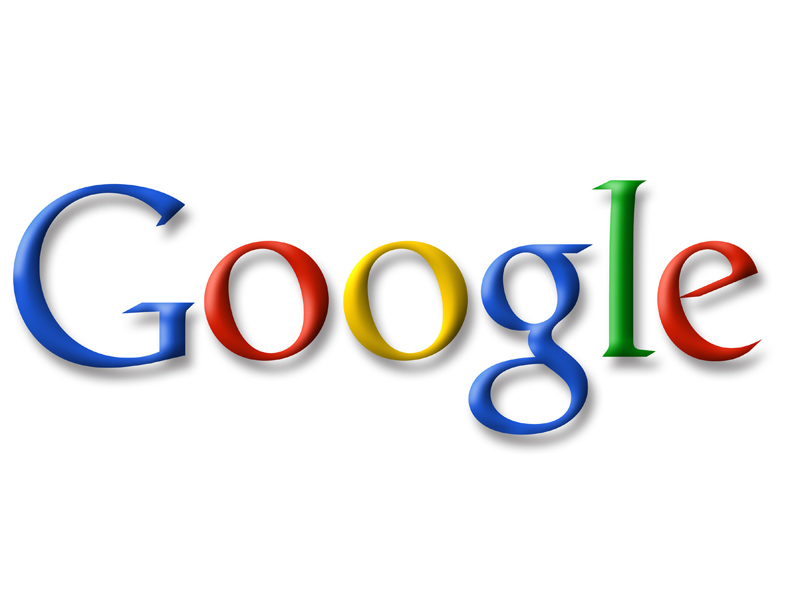After Google: who will be the next web sensation?

Nothing lasts forever. When Google launched, Yahoo and AltaVista controlled search. When the web started to grow, Compuserve, AOL and even the Microsoft Network considered it a poor cousin to their gated communities.
Today, Google dominates search, but there's always another major player around the corner; a revolutionary service that comes from nowhere to change the way we use the web. Right now, Twitter is the darling, but will it last? And what's next?
As a general rule, the internet doesn't reward big showy launches. Almost everything begins low-key, attracting the early adopter crowd with impressive sounding technology and the chance to get in on the ground floor, before widening out with some form of soft launch and then finally hitting the mainstream.
This approach often works best because the early tests have given the creators a better idea of what people want to do with the tool in the real world. Twitter is an excellent example of this, having gone from a side-project at a podcasting company to a microblogging service and now a huge sprawling empire filled with everything from personal status updates to celebrity stalking, social media services and real-time updates on developing news stories.
The podcasting service, which was originally intended to be the creators' bread and butter, has long since been sold off into obscurity. So just because a tool hasn't set the world on fire right now, there's no reason that it can't in the future. Even if it doesn't, an idea that nobody got excited about today might be tomorrow's next big thing, or vice versa.
Friendster was one of the big early social networking successes, but it soon fell out of favour because after adding your friends and saying nice things about them, there wasn't a whole lot else to do. Facebook's early focus on university life, followed by its moves towards being an application platform and wider social hub, stole the genre right out from under its feet.
A Google world
Sign up for breaking news, reviews, opinion, top tech deals, and more.
Whatever the next big thing turns out to be, you can be sure that it'll start off small. Google is a great example of how even a company with a firm grip on technology and an excellent reputation can fail to capitalise on that fully. Its only truly world-shaking services to date are its search, advertising, maps, RSS reader and mail applications.
That sounds like a long list, until you look at the failed attempts at social networks, the 3D worlds, the online photo sharing, the instant messaging platform, the gadgets, the homepages, the online page creator tools, Checkout, Answers… the list goes on.
That's not to say that these haven't achieved some success; it's just that in no way does Google own the whole world beyond the point of competition. Much of the reason is that many of these projects emerged not as a dedicated Google service, but from individual engineers working on ideas in their much hyped 20 per cent time – the fifth of their working lives devoted to building things with Google's tools.
This succeeded in giving Google a huge armoury of online applications, but not the hunger to make sure they succeeded. Most were released without much fanfare, and then promptly forgotten about or just plain ignored.
Even bought-in services such as Blogger, Jaiku (a Twitter competitor) and Dodgeball (location broadcasting) have largely sat in perpetual beta, unchanged and unloved, much in the same way that Microsoft put Internet Explorer on the backburner after defeating Netscape back in the day. A company reliant on a couple of tools simply can't afford to let this drift happen. Being small and hungry can be a service's best asset.